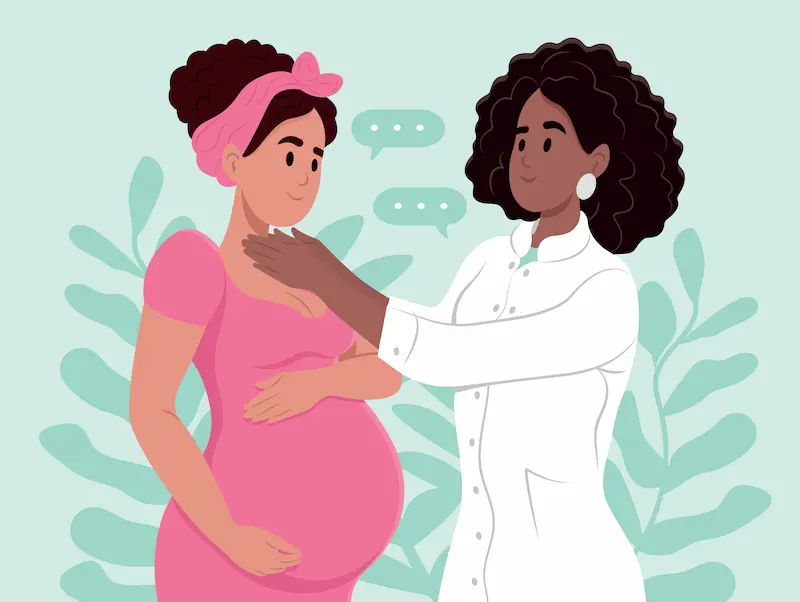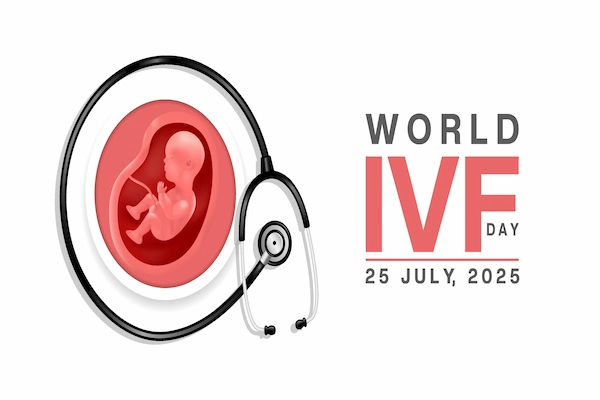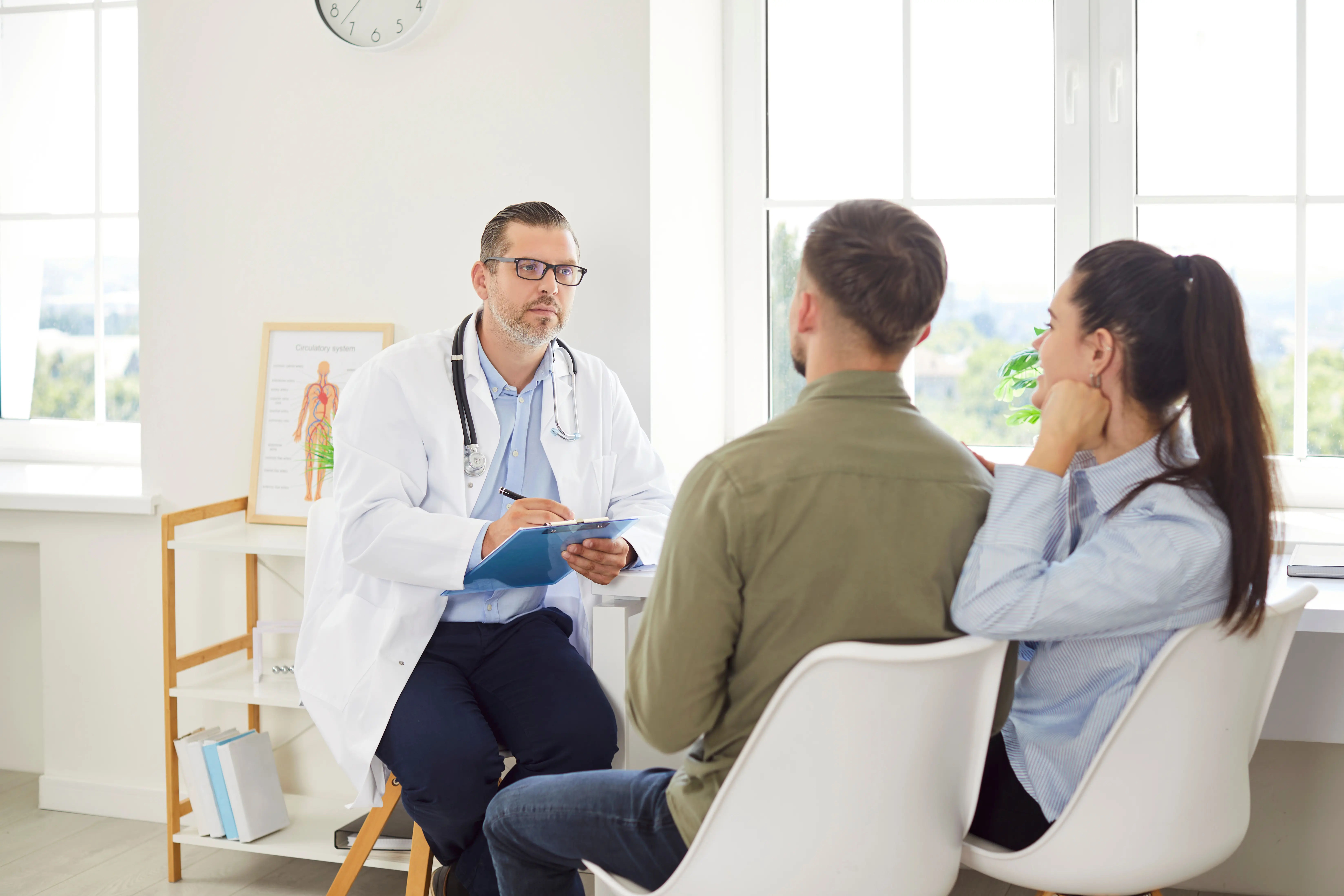- female
- 45 Years
- 14/08/2025
My mom has a 65 mm fibroid in her uterus and doesn't want surgery could this be dangerous? Are there other treatment options besides surgery? Really worried about her and would appreciate advice. Also, if surgery is the only option, can you suggest a good doctor?
Answered by 1 Apollo Doctors
A 65 mm fibroid can be considered large and may cause symptoms or complications, but it's not always necessary to have surgery. There are other treatment options like uterine fibroid embolization (UFE) or medication to shrink fibroids. It's crucial to discuss all options with a gynecologist or interventional radiologist to determine the best course of action for your mom.
Dr. Kamran Suggests...
Consult a Obstetrician and Gynaecologist
Answered 14/08/2025
0
0

More Obstetrics & Gynaecology Health Queries
View allHow do I know I pill has worked?
You can find out if it worked by taking a pregnancy test 3 weeks after when you took the pill.
Answered by 1 Apollo Doctors
I have an 8cm ovarian cyst and really want to avoid surgery are there any medicines that can shrink or remove it? I'm worried about the size and hoping for non-surgical options.
While some ovarian cysts naturally resolve without treatment, an 8cm cyst might require medical intervention. There isn't a specific medication to shrink or remove an existing ovarian cyst. However, certain medications can help manage symptoms and potentially prevent new cysts from forming. If the cyst is causing pain, discomfort, or other issues, or if it's not a functional cyst, surgery (laparoscopy or open surgery) may be recommended
Answered by 1 Apollo Doctors
Does follicular study show blocked fallopian tubes?
A follicular study can not determine whether the fallopian tube is blocked. If the fallopian tube is blocked, you will still ovulate. Ovulation is mainly the function of ovary.
Answered by 1 Apollo Doctors
Disclaimer: Answers on Apollo 247 are not intended to replace your doctor advice. Always seek help of a professional doctor in case of an medical emergency or ailment.



.webp)

